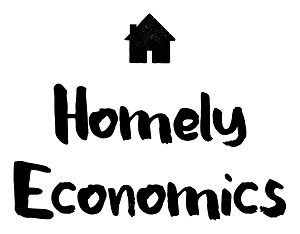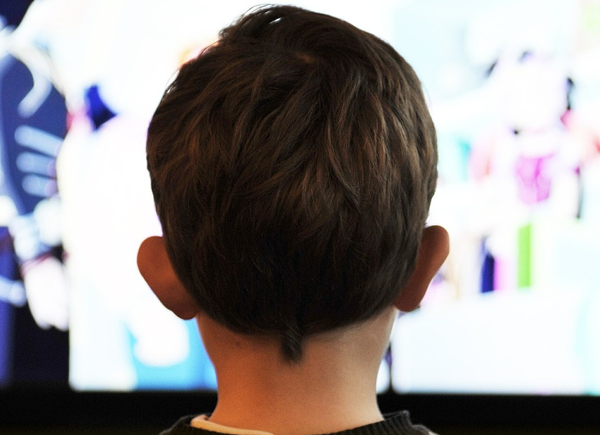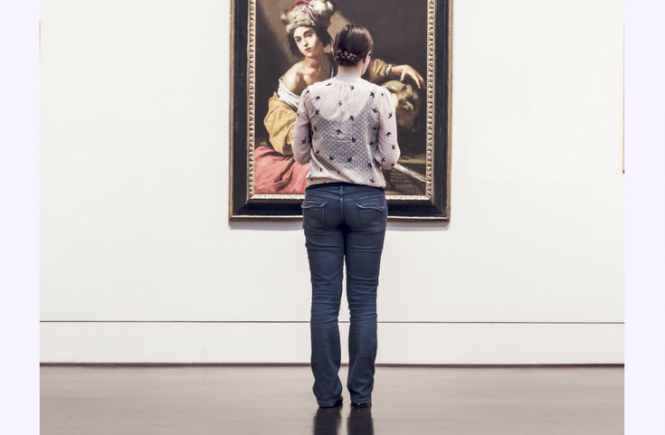When I moved to the UK, it was a real shock to find out that TV wasn’t free. Wha?
Neither country that I’d lived in before charged its citizens for the privilege of watching TV – free channels were funded by advertising, and subscription channels were paid-for options.
TV Licensing hit the news this week with its decision to start charging over-75’s from 2020, but not enough of us are challenging the need for TV Licensing to exist in the first place.
Now, personally, I haven’t had TV since 2008, and I’m fine with that. I’m not a fan of the UK’s licence system and fee, and since I stopped watching TV I’ve become even more strident in my views, but I didn’t give up TV for ideological reasons – it was far more mundane than that.
Why I cancelled my TV Licence
Soon I moved to a new house as a single parent. It turned out that in that new neighbourhood, the TV signal was appalling, and even with a freeview box, you couldn’t get a picture (this was before the analog signal was turned off in that area in 2012).
I didn’t know how long we were going to be renting that new house, so it didn’t make sense to have Sky installed – and the cost of it was also a factor – so we just gave up on TV.
Little Balders was very little, so we made do with VHS tapes bought for nowt at the local charity shops and DVDs, and iPlayer (back when it was free). I learned to play the guitar and spent my evenings practicing and watching YouTube tutorials, so I didn’t miss the tv at all.
By the time we moved four years later, I was weaned off of it, and had no intention of ever having TV in my new home.
TV Licensing is an anachronism
The concept might have made sense in the 1940s, but it doesn’t make any sense today. Heck, it didn’t make any sense 15 years ago either.
Younger viewers won’t put up with it when they can get their entertainment on their smartphones for free, or pay for a month of streaming whenever they feel like it.
TV Licences should be called the BBC tax
“TV License” is a misnomer: the other terrestrial channels are funded by advertising, so if you pay your licence fee and avoid the Beeb, you’re effectively paying twice – in money and in attention (to ads).
We all know that we’re funding the BBC, so I find calling it anything other than the BBC tax disingenuous.
The BBC splashes the cash
You can start with the list of TV (and radio) personalities’ salaries and move on to the list of executive salaries.
Money well spent? Um… all I’ll say is that I’d rather keep my £154.50, thanks. They won’t miss that drop in their ocean.
Despite their public funding remit, there’s not a lot that distinguishes them
I think that the BBC produces some excellent programmes. However, they make their share of clangers too.
Most of us are reasonable enough to know that not every egg that the BBC lays will be made of solid gold, but being forced into paying for a service makes you hyper-critical, and justifiably so.
Also, let’s not forget how many ads there are for other BBC programmes on between BBC programmes; it’s not exactly an advertising-free zone.
You can get more aggravation for not paying your TV License than you can for not paying child maintenance
Let that one sink in.
You can pull all sorts of tricks to shirk your responsibilities to your children and legally get away with it, but watch TV for free? The government will find you.
This is just all sorts of wrong.
Someone can actually turn up at your house and snoop around to see if you’re watching TV. And yes, it’s happened to me – but of course, I had nothing to hide as our TV screen was only used as a computer monitor.
If the BBC ran the CMS enforcement division, things would be very different.
Threatening letters… for tv?
About 15 years ago, before I moved to the house with bad reception, I received a letter from TV Licensing with a peculiar twist on my address.
Imagine that I lived at number 9, Rose Cottages. Well, the first line of the address peeking out of the envelope was “demolish 9 Rose Cottages”.
I kid you not – I wouldn’t have believed it if I’d read it somewhere on the internet, so I don’t blame you for not believing it yourself. Still, it definitely happened. My heart raced a bit as I handled the sinister letter, until I opened it and realised it was about the TV Licence – then that flutter of anxiety turned to disgust.
Maybe a rogue worker got bored. Maybe someone else got something similar (I’d love to hear your comment if you did). Even if I was the only one on the end of a prank, it soured me to this overpowered agency from then on. Still, I was watching TV back then, so I did pay the licence fee.
The passive-aggressive (or just plain aggressive) letters don’t stop
Even when you do declare that you don’t need a TV Licence, the aggressive enforcement letters can keep on coming. They’re bad enough for the average person who knows what to expect, but for the elderly and vulnerable, they can be terrifying!
You don’t need TV.
Fortunately there are plenty of ways that you can entertain yourself in front of moving pictures without having to pay the BBC tax. (More on that very soon, I promise.)
I’m not advocating watching TV without a licence, but I am advocating not watching TV at all. Yes, I’ve probably got myself on their watchlist now – Hi Aunty Beeb – but the truth is, you don’t need TV.
One less thing on your monthly budget is one more reason to be happy!





2 Comments
Since the ‘Licence’ is called a ‘TV Licence’, the money from which goes to the BBC, it is logical to claim that if I do not watch any BBC TV programmes, I don’t need a licence. Note: TV programmes ONLY – not radio, etc.
Now I realise that the BBC needs money to finance all of its broadcasting, not just ‘TV’. Therefore the name ‘TV Licence’ is a total misnomer and should be called ‘BBC Broadcasting Tax’. (Where ‘broadcasting’ includes not just transmissions using all technologies, (TV, radio, etc.) but also on-line BBC productions).
This is a continuation of the above post, where I ran out of posting space.
Since well more than 99.9% of the electorate receive BBC output via some form of technology, it would make far more sense to replace the ‘TV Licence’ with a general taxation applicable to everyone in the UK, the proceeds of which go to the BBC.